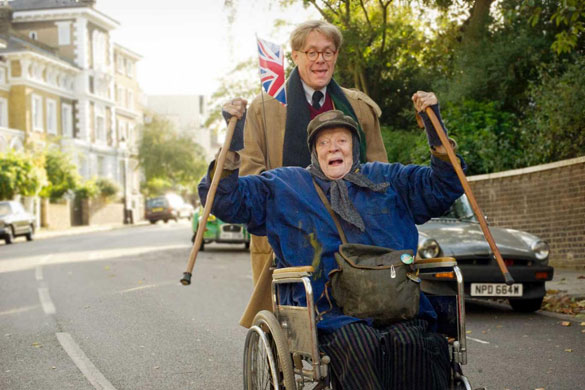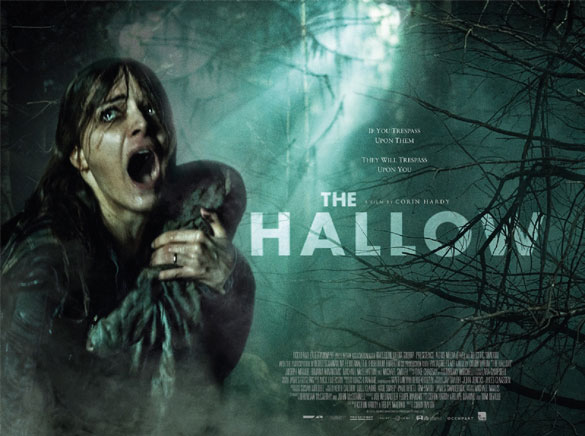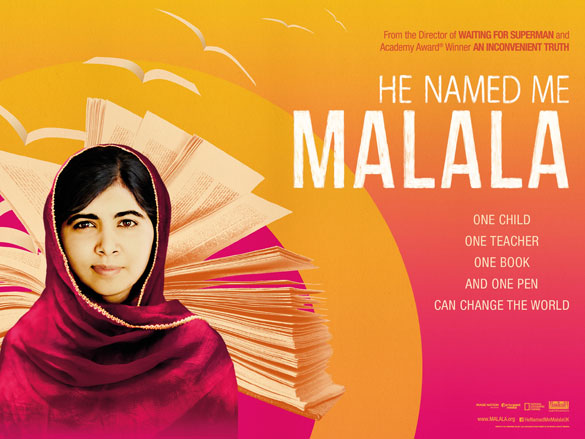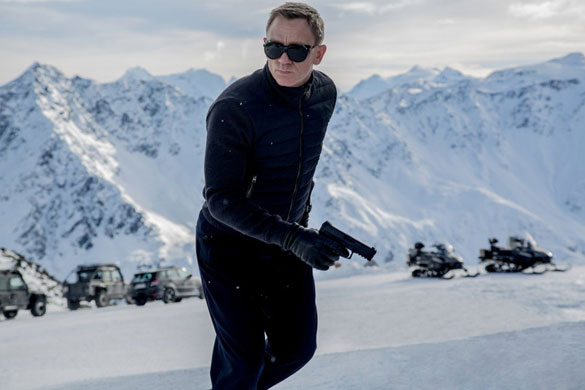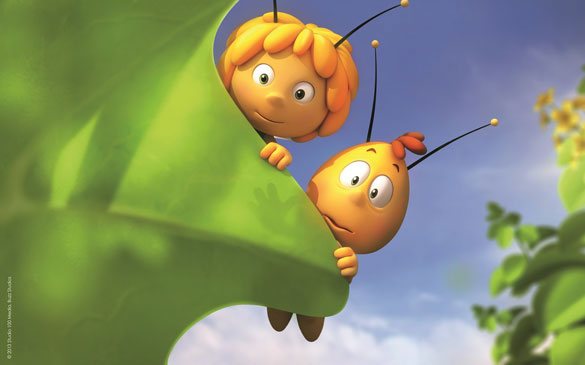Creed ****
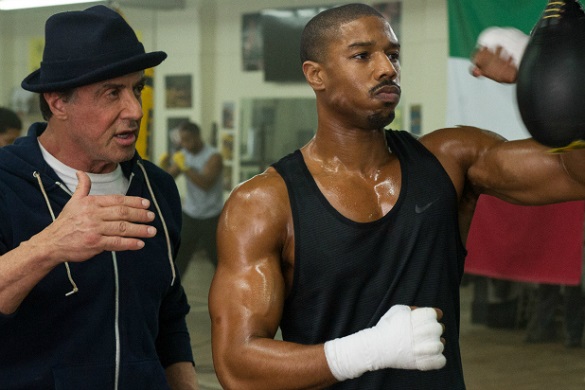
Like the fighter it is, the Rocky franchise still keeps getting up after taking numerous punches, especially after the 2006 Rocky Balboa failed to live up to the glory days. With its hero, Rocky (Sylvester Stallone) not getting any younger, the only way the saga could live on was injecting fresh blood. And that’s what Creed (2015) does, complete with vital plot ties to the past.
With Rocky’s son – referenced in this new film – not into the ‘family fighting business’, a hungry new kid on the block finds former World Heavyweight Champion Rocky Balboa (Stallone) at his restaurant in Philly one night, asking him questions about THAT fight against the legendary Apollo Creed. The kid turns out to be Adonis Johnson (Michael B. Jordan) who wants Rocky to train him to fight professionally.
Rocky soon learns Johnson is the son of his late friend and former rival Creed – but the young fighter wants to make a name of his own. However, as the news of the new boxing talent and his mentor spreads around the gyms, and with Rocky coming out of retirement, it’s soon revealed who the new fighter is related to. An offer of a big, transatlantic fight comes in, but will Johnson live up to the name of Creed?
It’s clear screenwriter/director Ryan Coogler – who has only done one main feature film in the past, Fruitvale Station (2013) – is an avid fan and has really studied the franchise. He takes just the right elements to stir nostalgia (without overkill), but adds the key ingredient (Jordan) to reinvigorate matters. The pair worked together on the 2013 film, so there’s a successful precedent there too. Jordan delivers the determination and physical dedication to pull this off and make Creed Jr. a very believable character, worthy of his namesake. Fantastic Four’s Jordan is ‘Storm’ by nature, making this role his first with any great impact.
Naturally, the plot doesn’t take a genius to figure out and breeds some nice, friendly taunts between old timer Rocky and his protégée, in turn, fuelling the comedic aspect that folks now come to expect from an ‘Italian Stallion’ film. There is also the serious, health-related side that brings up the past and shamelessly plays on our nostalgia.
The training scenes deliver that tantalising and satisfying chest-thumping thrill of the end result – with accompanying score. Jordan is certainly nice on the eye too. The actual fight sequences don’t shy away from full-frontal poundings. Those who have never experienced a fight could be squeamish. Blood is on the agenda as the filmmakers want you to feel every jag, cross, hook and uppercut, without actually being in the ‘first-person’ video-gaming position. It’s nevertheless effective.
As for Stallone, he holds his own like the boxing institution that he is, with every mumble and slur barely audible but having such gravitas. Fans will still get their fill – and more. Even the infamous 72 stone ‘Rocky Steps’ leading up to Philly’s Museum of Art get another dusting off.
Creed is what every Rocky fan has been waiting for – a chance to bring the franchise back to life, as well as relive the glory days. It never misses a beat and makes you feel like you’ve done several rounds along with the characters by the time the final bell rings.
4/5 stars
By @FilmGazer


